Three weeks ago Hurricane Helene struck our hometown of Asheville, NC. By the time the hurricane made landfall in Florida a stalled-out cold front had already dumped 4″ of rain at the Asheville airport. Some nearby towns accumulated 9″ of rain before the hurricane’s precipitation even arrived in Western North Carolina. By the time the storm fully passed through, towns in the mountains surrounding Asheville had received anywhere from 15″ to 30″ of rain in four days and endured wind gusts of 50-60 miles per hour.
The region’s steep topography started to fail and suffered dangerous landslides. Valleys and hollows channelized the immense rainfall totals into unconfined torrents—normally docile creeks and streams washed out homes, businesses and byways, and the area’s river levels literally went off the charts as they claimed bridges, downtowns and interstates: the French Broad, Swannanoa, Toe, Watauga, Pigeon, Rocky Broad and Nolichucky reached unprecedented levels that submerged or destroyed their United States Geological Survey river gauges.
The primary Eden Brothers facility, perched above Brevard Road on the outskirts of town, suffered minor damages. Our business lost (and is still without) some basic utility services, but was able to resume limited operations by the end of Friday, October 4th thanks to the ingenuity of our team members.
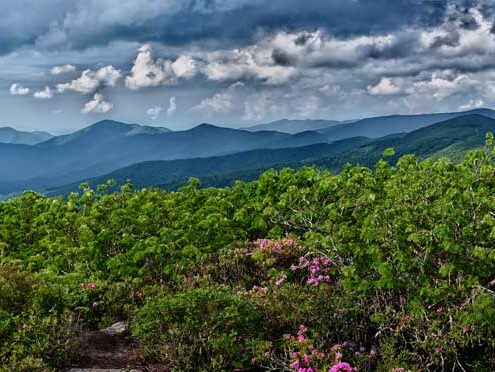
Our staff have suffered various amounts of property damage, from lost roofs to destroyed vehicles, but they’re all safe. The most difficult impacts for most of us are survivor’s guilt and witnessing the devastation of our neighbors and our communities. It may be weeks before we all get water, power and internet restored, but many of us know people with irrecoverable loved ones, homes and businesses.
Many of our customers and day-to-day business contacts have been considerate enough to ask us what they can do to help. We—Eden Brothers—will eventually be fine. So, for those looking to assist we encourage making a donation to the North Carolina Disaster Relief Fund–administered by the state of North Carolina and the United Way of North Carolina. The fund has a tax ID number and can provide donation confirmations–all the documentation you’d normally expect from a charitable contribution.
However, Eden Brothers has decided to make direct donations to impacted businesses in the Western North Carolina gardening community. These businesses are struggling to make payroll and resume operations right now, and we think providing immediate assistance could help them get through the fall season. We invite anyone who would rather make a direct donation to an impacted business to contribute alongside us.
Here are the businesses we are supporting:
Carolina Flowers from Marshall, NC
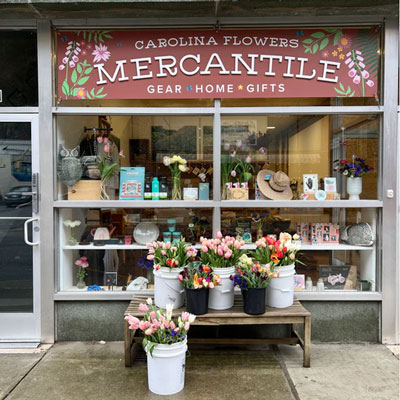
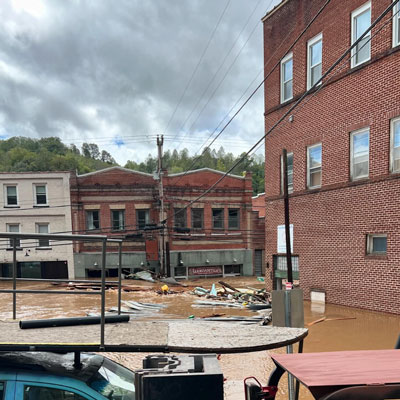
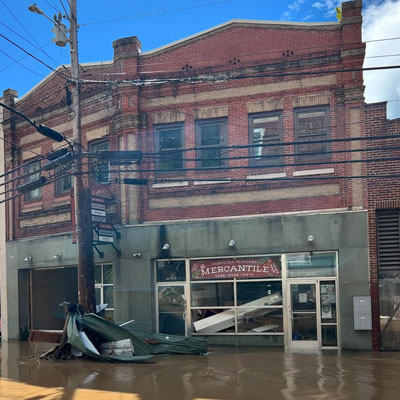
Carolina Flowers produces blooms year-round. Peak flowering season runs from March through October, depending on the weather conditions. They plant and tend flowers in the fields during every month, even if the flowers aren’t blooming. They deliver within the community and arrange flowers for weddings. During the coldest months, they grow tulips, paperwhites and amaryllis indoors and create seasonal wreaths. They also source flowers from beyond the farm in the winter, just like a traditional florist. Their business is designed to support and sustain their employees year-round.
Bloom WNC from Black Mountain, NC
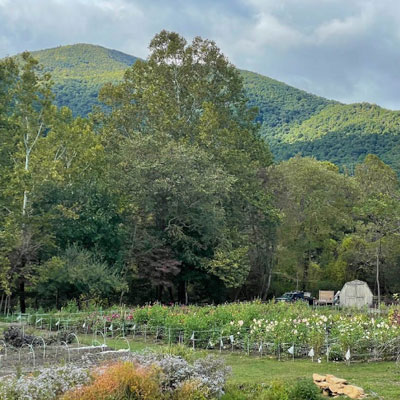
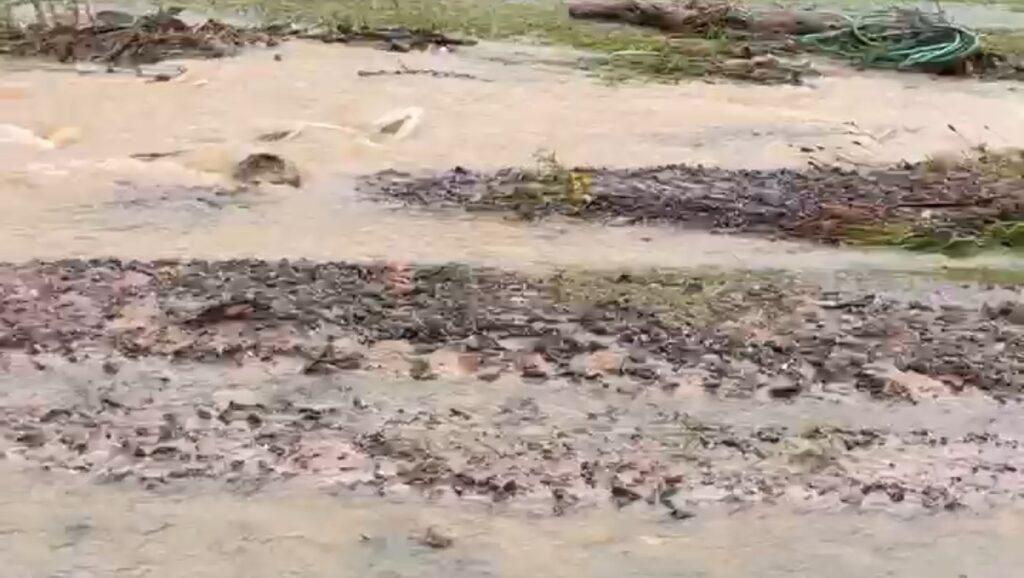
Bloom WNC is a pesticide free and a no-till farm that makes concerted efforts to sustainably grow this way. They use succession farming methods, producing a lot of flowers on a small plot of land. This requires a good amount of soil amendment and they do this with regular composting, and the addition of seaweed and fish emulsion. They grow specialty cut flowers for shareholders and workshops, and design arrangements for weddings, special events, and to sell to local florists.
Hickory Nut Gap Farm from Fairview, NC
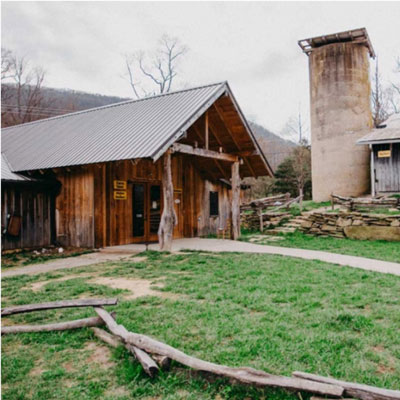
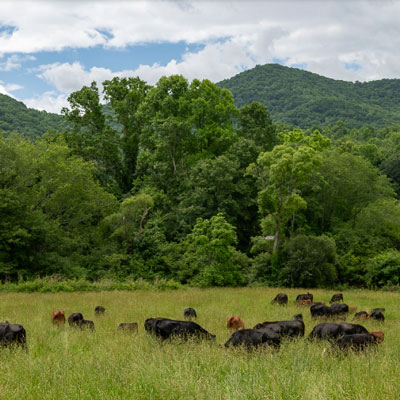
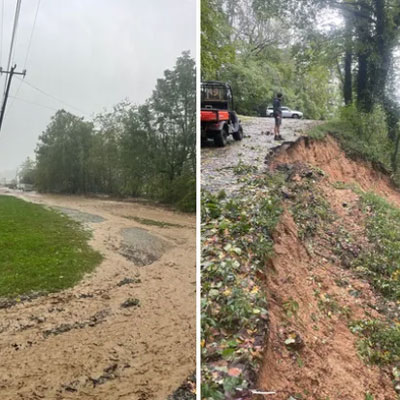
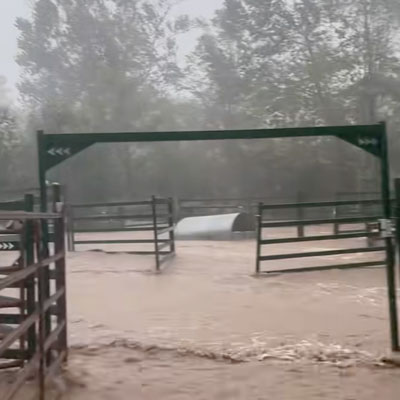
Hickory Nut Gap is a leading producer of pasture-raised meats based out of a family farm in Western North Carolina. They host events, festivals, camps, and sell products at their farm store. Hickory Nut Gap values and respects the complex relationships between humans and nature. By using regenerative agriculture and ethical animal welfare practices, Hickory Nut Gap produces meats that are unsurpassed in flavor and healthiness – while making a net-positive impact on climate change and overall ecosystem health.
The Ten Acre Garden from Canton, NC
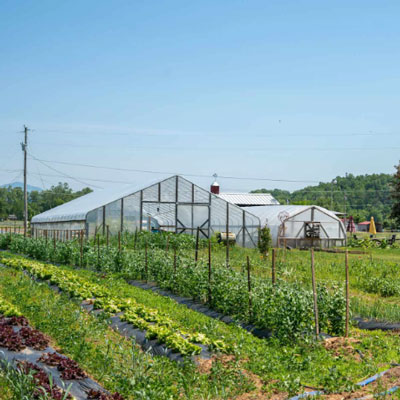
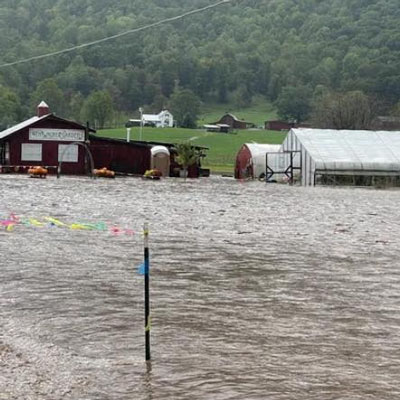
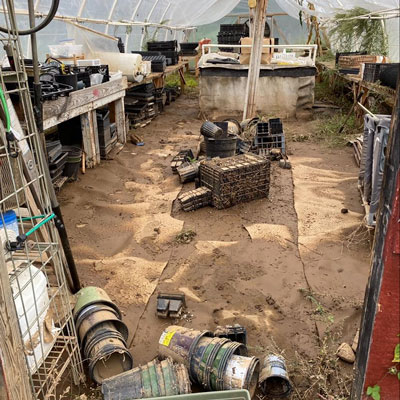
As a U-Pick farm, The Ten Acre Garden proudly follows organic practices, offering the freshest and most sustainable produce. The farm stand is stocked with a variety of local goods, including seasonal harvests, handmade crafts, and unique finds from local artisans. They also host a variety of classes on topics ranging from gardening to crafting, creating a space where everyone can learn and grow.
Flying Cloud Farm from Fairview, NC
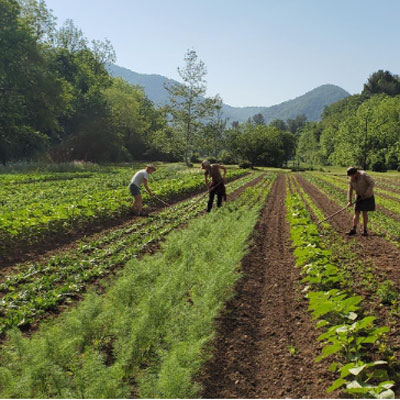
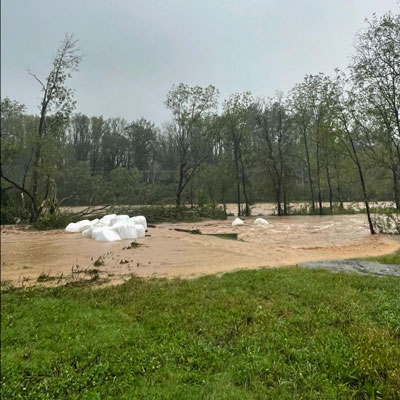
Farming operations began in 1999 planting blueberry bushes and growing a 1/2 acre of produce. By 2002 they started a CSA and were accepted into Asheville area markets. They gradually rented land from family and neighbors, added the necessary infrastructure to grow and prepare produce and flowers, extended the growing seasons, and made the farm a full time profession. They grow vegetables, berries, and flowers using sustainable methods without the use of chemical fertilizers, herbicides, or insecticides. Their produce is sold locally through our CSA, 2 tailgate markets, and their roadside stand on the farm. Flowers are available through these outlets and by special order for weddings and events.
The Garden Spot from Fairview, NC

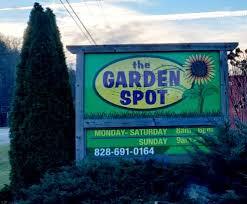
A local gardener’s favorite place to shop for plants, veggie starts, flowers, and Christmas trees, The Garden Spot is owned by the Black family of Fairview. The Blacks lost their home during Hurricane Helene but never stopped helping their community in the days that followed. They lived in the community fire station to help with recovery efforts, cook for their neighbors, shuttle supplies, and so much more. They’ve always been there to donate landscaping services to the schools and give excellent gardening advice, and we hope they can get back to The Garden Spot soon.
These farms and our entire region will be recovering long into the future, and knowing that you’re out there digging in the soil and planting seeds is such a comfort.
Keep growing, and we will too!